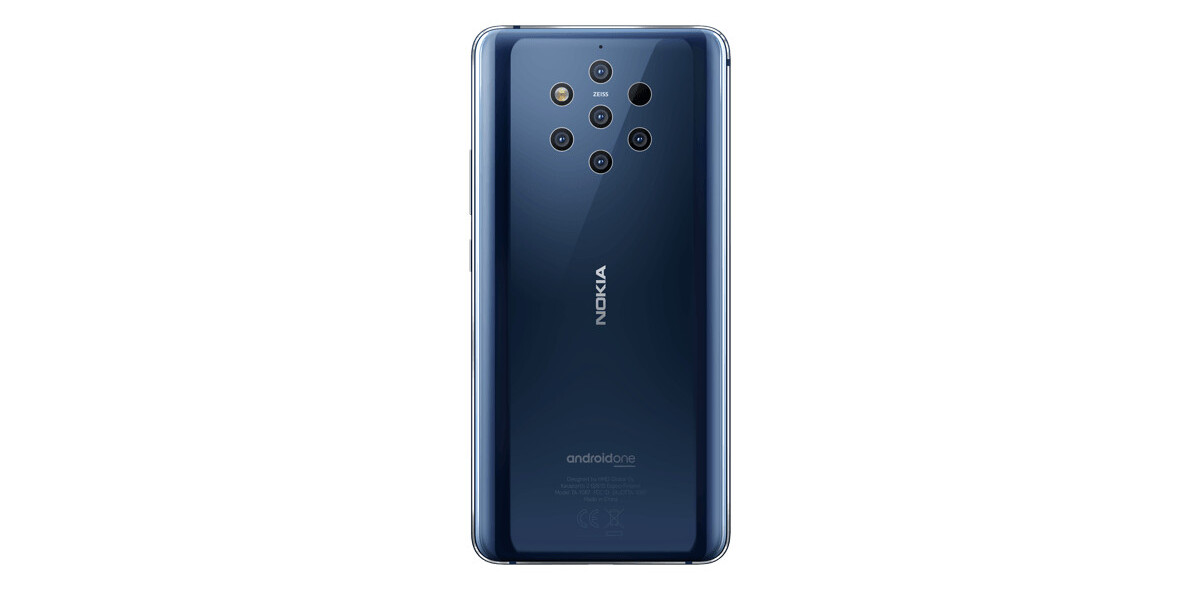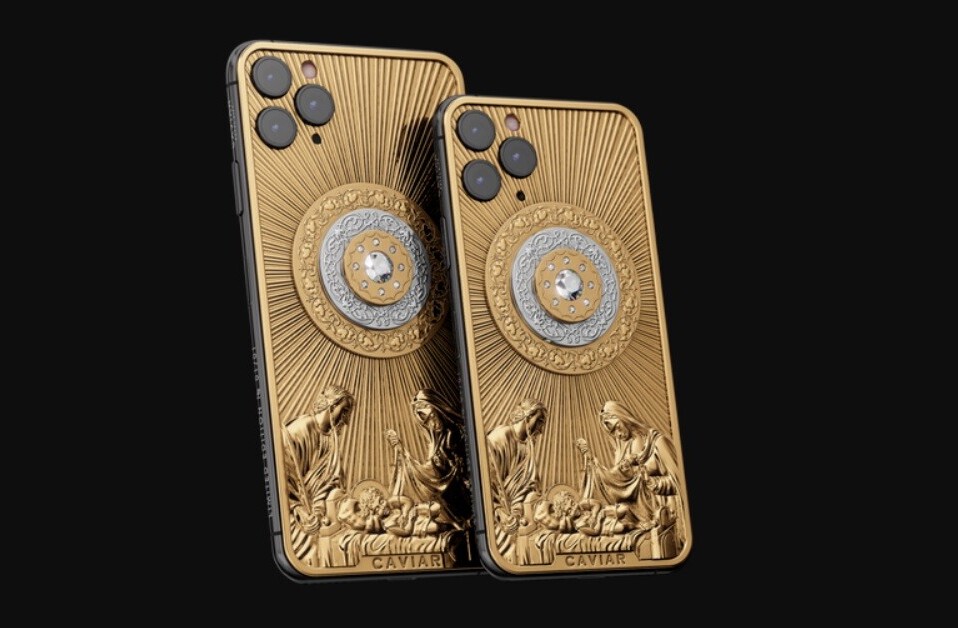
Mobile messaging apps have been one of the biggest success stories of 2013. The growth of Snapchat, WhatsApp, Kik, Line, WeChat and others has inspired Twitter to refocus on its near-jettisoned private messaging service, and Instagram to introduce ‘Direct’ messaging.
But what of the future? What’s next for messaging apps?
The answer is a long and complicated one (we’ll have some lengthier thoughts on that soon) but essentially the potential is pretty endless since messaging apps are platforms, and thus capable of delivering any kind of service that is in demand. Be that gaming, music, marketing, and — for this example — e-commerce.
 We’ve already seen Tencent’s WeChat messaging app used to sell Xiaomi smartphones in China — selling 150,000 units in under 10 minutes, no less — and there’s further proof of the potential today from Japanese chat app Line.
We’ve already seen Tencent’s WeChat messaging app used to sell Xiaomi smartphones in China — selling 150,000 units in under 10 minutes, no less — and there’s further proof of the potential today from Japanese chat app Line.
Line, which has over 300 million registered users worldwide, recently began flash sales in Thailand — one of its strongest overseas markets, where it has 20 million registered users — and the results have been impressive.
While we don’t know how many units were picked up: its first high-profile flash sale (with L’Oreal’s Maybelline makeup brand) today sold out in 13 minutes.
Similarly, a week previous, a lower-profile flash sale of iPhone phone cases sold out in 25 minutes, as Tech In Asia reports. (Again, though, we have no details on how many units were sold, how many customers tried to buy them, etc.)
How is Line doing this? The company isn’t spamming users, they must opt in by following the flash sales account which provides details. It’s a brilliant model since, as we said about the sticker sales business, if flash sales don’t interest you, then you need never know about or come into contact with them in your use of Line.
The company — which makes money selling stickers, providing a platform for opt-in company marketing and via a ‘connected’ games service — is quickly developing into an Internet juggernaut.
Line’s messaging service grossed $99 million in its last quarter of business, a big increase on the $58 million it recorded just one quarter previously. (For reference, Twitter’s most recent quarter of business brought in $168.6 million.)
At this point Line is still conducting small tests of its e-commerce potential — the efforts in Thailand are coordinated with Ardent Capital’s aCommerce platform — but clearly there is potential. If you have a channel of active users, there’s little limit on what features and services can be provided if there is demand.
These models are being tested in Asia but it’s still unclear if they can scale into Western markets right now.
Line is taking a tentative approach to expanding to the US, as it weighs up cultural differences that its business must accommodate. But, with US companies like Snapchat considering ‘Asian’ style business models, e-commerce has the potential to be a big part of the future of messaging apps worldwide.
Related: Silicon Valley, you are tardy to the messaging app party
Headline image via Champion studio, others via Line
Get the TNW newsletter
Get the most important tech news in your inbox each week.






